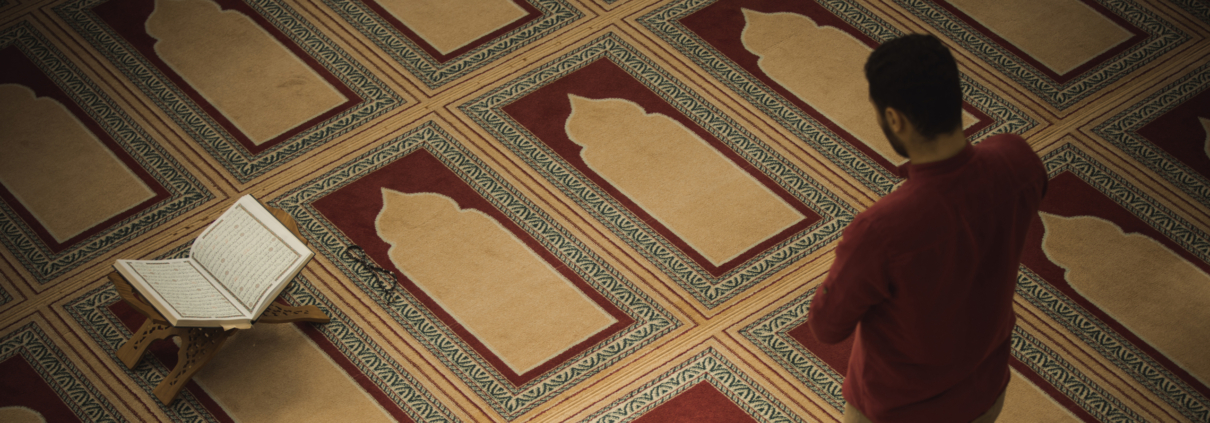Do I Need to Do Sajdat al-Sahw After Reciting the Opening Supplication in the Third Cycle of Prayer?
Hanafi Fiqh
Answered by Ustadh Tabraze Azam
Question
I accidentally read a part of the opening supplication in the third cycle, and I performed the forgetfulness prostrations after that but with a 2 min interval because I was not sure if I was supposed to do it.
Was it correct, and if not, is my prayer invalid?
Answer
I pray that this message finds you well, insha’Allah.
Yes, your prayer was valid because you did not do anything invalidating– such as eating, drinking, or talking.
However, you actually did need to perform the forgetfulness prostrations (sajdat al-sahw) because there was a delay in which you did no action of the prayer.
In the future, you should make a quicker decision, ignoring misgivings and acting based on your reasonable surety.
But in and of itself, reciting the opening supplication in the third cycle (rak‘a) does not necessitate prostrations of forgetfulness because this point of the prayer is for praising Allah Most High, and the opening invocation doesn’t negate this meaning. [As understood from al-Fatawa al-Hindiyya, quoting al-Tabyin]
Consider taking the following free class at SeekersGuidance:
Absolute Essentials of Islam: Basic Hanafi Jurisprudence (STEP)
And Allah alone knows best.
wassalam,
[Ustadh] Tabraze Azam
Checked and Approved by Shaykh Faraz Rabbani
Ustadh Tabraze Azam holds a BSc in Computer Science from the University of Leicester, where he also served as the President of the Islamic Society. He memorized the entire Qur’an in his hometown of Ipswich at the tender age of sixteen, and has since studied the Islamic Sciences in traditional settings in the UK, Jordan, and Turkey. He is currently pursuing advanced studies in Jordan, where he is presently based with his family.
Arabic References:
في الفتاوى الهندية: ولو تشهد في قيامه قبل قراءة الفاتحة فلا سهو عليه وبعدها يلزمه سجود السهو وهو الأصح؛ لأن بعد الفاتحة محل قراءة السورة فإذا تشهد فيه فقد أخر الواجب وقبلها محل الثناء، كذا في التبيين
